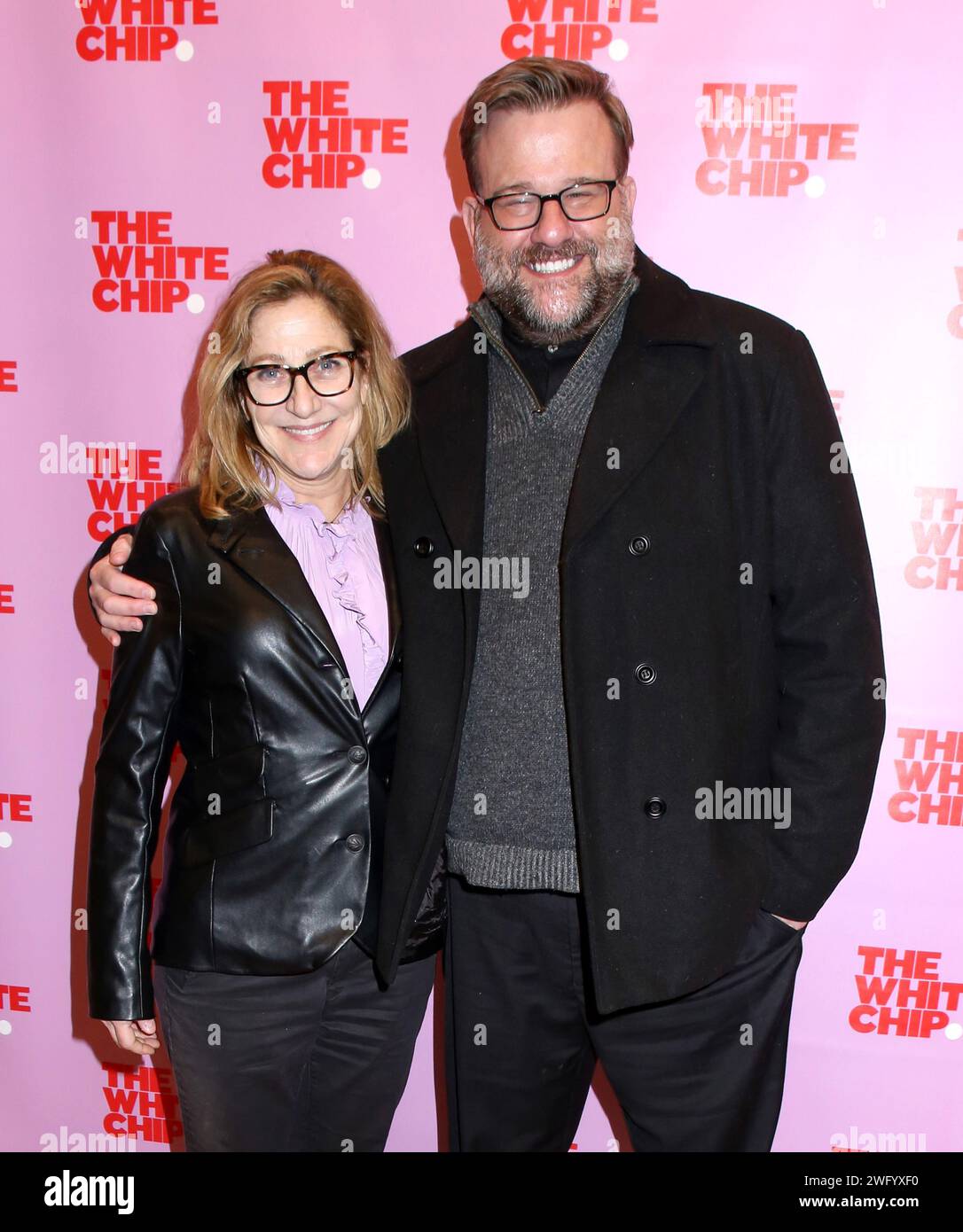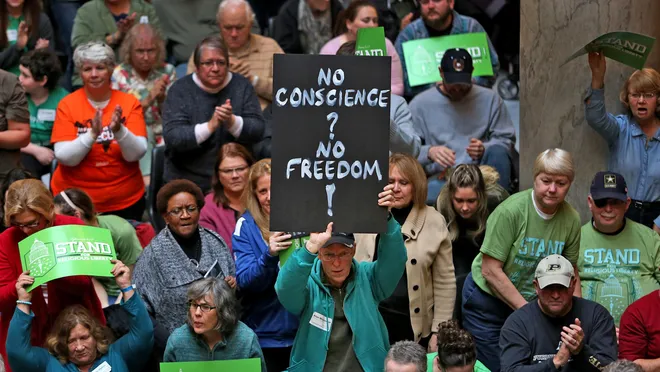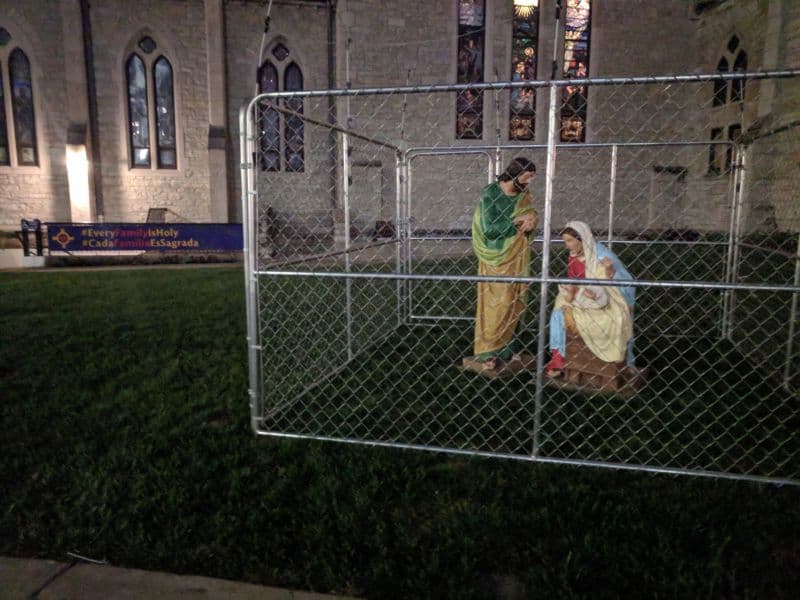An independent fundamentalist church in Indianapolis has stirred outrage by endorsing a sermon that advocates for the death of individuals identifying as LGBTQ+. During a recent Men"s Preaching Night, lay preacher Stephen Falco delivered a tirade filled with homophobic slurs, imploring followers to pray for the demise of those who dare to embrace their identities. This incident, occurring on June 29, has drawn sharp condemnation from civil rights advocates and religious leaders alike, who have branded such rhetoric as dangerous and inflammatory.
Hateful Sermon Promotes Violence
In a sermon recorded and later posted on YouTube, Falco referred to LGBTQ+ individuals using derogatory terms, labeling them as "evil" and "disgusting." He stated, "There"s nothing good to be proud about being a (slur). You ought to blow yourself in the back of the head. You"re so disgusting." Such vitriol underscores a disturbing trend in which faith spaces are weaponized to dehumanize marginalized groups. As reported by IndyStar, the church has not only refused to apologize for these remarks but has also embraced the ensuing backlash, stating that the sermon has garnered the attention they sought.
Community Reactions and Broader Implications
The response from LGBTQ+ advocates has been swift and resolute. G. David Caudill, the founder of Equality Indiana, articulated concerns that such incendiary rhetoric could incite violence against the LGBTQ+ community. He emphasized that words have power and can embolden individuals to act on hateful sentiments. The Concerned Clergy of Indianapolis issued a statement denouncing the sermon as theologically irresponsible and pastorally dangerous, asserting that the pulpit should never be a platform for bigotry.
This incident is not an isolated event. It reflects a larger pattern of extremist rhetoric from certain religious factions that have gained traction in recent years. As political discourse becomes increasingly polarized, faith leaders who preach hatred are emboldened, while those advocating for love and inclusion feel the need to defend their positions more vigorously.
\n\n
New York City, USA. 01st Feb, 2024. Edi…
History of Hate: From Rhetoric to Action
Falco"s sermon is part of a disturbing trend that links religious extremism with calls for violence against various marginalized groups. His comments extended beyond the LGBTQ+ community to include immigrants and political figures, demonstrating a broader intolerance that threatens the very fabric of democratic society. The church’s rhetoric echoes sentiments heard at Pride events across Indiana, where small groups of protestors wield hateful signs and slogans, seeking to undermine the very essence of human dignity and equality.
As reported by IndyStar, Falco"s vitriol even targeted former President Joe Biden, whom he claimed to have prayed for the death of due to his policies. This intersection of religious fervor and political discourse raises critical questions about the role of faith in public life and the responsibilities that come with religious leadership. The church"s claim that its interpretation of the Bible justifies such hatred is not only a misreading of scripture but a dangerous manipulation that could fuel real-world violence.
Counter-Narratives from Faith Communities
In stark contrast, a coalition of faith leaders and civil rights advocates is fighting back against this tide of hate. The Concerned Clergy of Indianapolis emphasized that the Gospel is for everyone and should be a message of inclusion and love, not exclusion and condemnation. They argue that true holiness is not defined by who one hates but rather by how one loves. Their assertion is that the Black Church, which has historically faced oppression, must not replicate the very exclusion it once fought against.
As highlighted by IndyStar, these leaders are calling for a renewed commitment to inclusivity that honors the dignity of all individuals, regardless of their sexual orientation. This fight for justice and equality within the faith community is crucial, as it creates a counter-narrative to the hate speech that seeks to divide and dehumanize.
\n\n
Faith under fire in LGBT debate?
The Role of Social Media in Amplifying Hate
Social media platforms have become a double-edged sword in the battle against hate speech. While they provide a platform for marginalized voices, they also enable the rapid spread of extremist ideologies. The Sure Foundation Baptist Church’s sermon received significant attention online, leading to its removal from YouTube for violating community guidelines. However, the church"s presence on alternative platforms like Rumble reflects a growing trend among extremist groups to seek refuge in spaces that cater to their narratives.
This phenomenon raises critical questions about accountability and the responsibilities of tech companies in moderating content. As Caudill noted, the hateful and violent language pervasive in such sermons can have dire consequences for community safety, necessitating vigilance from advocates and allies. The risk is not just in the words spoken but in the actions they may inspire among individuals who feel emboldened by such rhetoric.

![[Video] Anti-ICE Protester Pepper Sprayed as CBP Agents Disperse Crowd in Minneapolis](/_next/image?url=%2Fapi%2Fimage%2Fthumbnails%2Fthumbnail-1768260677127-y71sb7-thumbnail.jpg&w=3840&q=75)

![[Video] Several injured as U-Haul truck drives through Iranian protestors in Los Angeles](/_next/image?url=%2Fapi%2Fimage%2Fthumbnails%2Fthumbnail-1768176682028-q95y6j-thumbnail.jpg&w=3840&q=75)
![[Video] Scuffle breaks out between Trump supporters and Anti-ICE protesters in Times Square](/_next/image?url=%2Fapi%2Fimage%2Fthumbnails%2Fthumbnail-1768165958203-hgcgb-thumbnail.jpg&w=3840&q=75)


![[Video] Gunfire between Iraqi security forces and Sadr militias in Baghdad](/_next/image?url=%2Fapi%2Fimage%2Fthumbnails%2Fthumbnail-1768343508874-4redb-thumbnail.jpg&w=3840&q=75)
